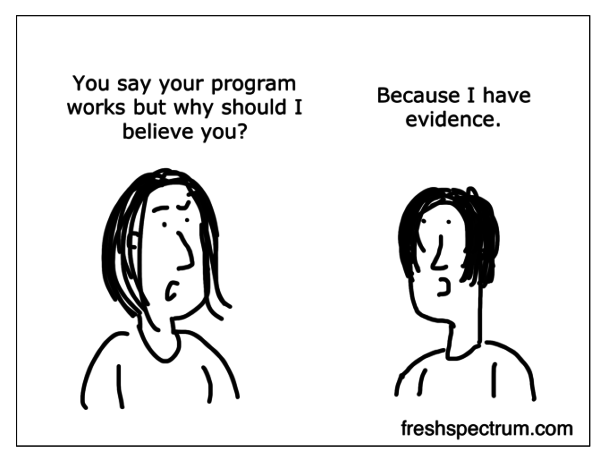- Profesor: Sullivan HUE
- Profesor: Pierre MICHEL

- Profesor: Elisabeth BARTHELEMY
- Profesor: Habiba DJEBBARI
- Profesor: Roberta ZIPARO
- Profesor: Elisabeth BARTHELEMY
- Profesor: Sullivan HUE
- Profesor: Sebastien LAURENT
- Profesor: Manelle BENAMEUR
- Profesor: Cecilia GARCIA PENALOSA
This class uses resources from economic history, theory and empirics to inform on current changes in our economic environment. The goal is to provided an overview on our current knowledge on what explain the appearance or change of major economic institutions. The class draw from current examples in development economics as well as in history.
The grade of the class will depend on three components :
1) The presentation of a research paper by pairs of students
2) The writing of an essay on a topic in relation with an issue viewed in class, and its defense during the last class
3) An written exam checking the knowledge of the major topics saw in class
Attendance is compulsory and will be checked.
The grade of the class will depend on three components :
1) The presentation of a research paper by pairs of students
2) The writing of an essay on a topic in relation with an issue viewed in class, and its defense during the last class
3) An written exam checking the knowledge of the major topics saw in class
Attendance is compulsory and will be checked.
- Profesor: Emilie ALPACCA
- Profesor: Vincent BIGNON
- Profesor: Habiba DJEBBARI
- Profesor: Alain PARAPONARIS
- Profesor: Charles FIGUIERES
- Profesor: Elisabeth BARTHELEMY
- Profesor: Emmanuel FLACHAIRE
- Profesor: Emilie ALPACCA
- Profesor: Marco FONGONI

This course proposes a balanced approach of health economics based on both theoretical and empirical considerations. It deals with the study of the main stakeholders’ economic behaviours of the health sector: patients, health professionals (physicians and hospitals), health insurance, companies producing health goods or pharmaceuticals and health authorities. It invites to reconsider some of the basic concepts in economics (supply and demand, public intervention, uncertainty, information asymmetries, incentives, etc.) and models (growth models and human capital, labour supply, etc.), for a deep understanding of the phenomena at work in the sector. Thus, the course is likely to meet the expectations from students willing to specialise in the analysis of the health sector as well as students interested in illustrations of concepts and mechanisms derived from the economic theory.
- Profesor: Mohammad ABU ZAINEH
- Profesor: Elisabeth BARTHELEMY
- Profesor: Alain PARAPONARIS
- Profesor: Bruno VENTELOU
